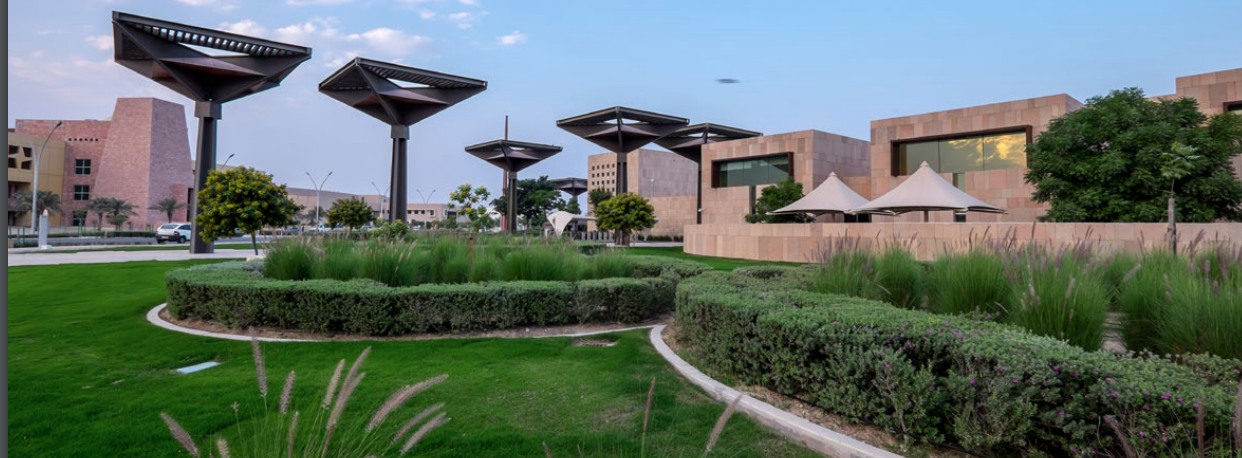Besides being the chairman of HOTREC and HORESTA, Jens Zimmermann Christensen is also the hotel manager and owner of the Hotel Maritime in Copenhagen, Denmark and has therefore been directly impacted by the consequences of COVID-19. As HOTREC is the voice of the European hospitality industry, Green Key International has been interested in learning how the association is working together with its members to contribute to the 2030 Agenda for Sustainable Development and how the COVID-19 pandemic will change the work with sustainability in the European tourism sector.
The HOTREC (European Hotel & Restaurant Association), is the umbrella association of Hotels, Restaurants, Bars and Cafes and similar establishments in Europe, bringing together 45 National associations in 33 countries, and representing the hospitality industry at the European level.
Tourism is a key contributor to Europe's economic, social and cultural way of life. According to you, what are the biggest impacts of the COVID-19 pandemic on the overall tourism industry?
Most hotels closed down (either because of governmental measures or because they did not have any clients). Hotels that remained open had very few clients (such as nurses, doctors, the army, homeless people or a few business travellers). Most of the restaurants, cafés and bars were closed or only providing take-away or home-delivery services. As a result, there was an estimated loss of 80-90% in the turn-over for the hospitality sector. Some companies reported losses of 100%. Many companies could not survive, even with the State Aid measures applied and needed to close down their business for good. Estimates are still to be seen, but at the moment the European Commission Communication points out a possible loss of six million jobs for the sector in the EU.
For the moment, the sector is slowly starting to welcome back primarily national customers. In general, the hospitality sector hopes that the opening will be done in a coordinated way, whilst of course respecting the epidemiological situation and ability to apply containment and reciprocity measures, based on the principle of non-discrimination.
How do you foresee the situation post-COVID-19 for the hospitality industry?
For the moment it is difficult to predict the future, as we don’t know when a vaccine will be found. Therefore, our message to the EU is to have a coordinated approach, when reopening borders and businesses. Moreover, all companies need to strictly follow the health and safety protocols developed at a national level, for employees and guests to be safe. Nevertheless, we think that the level of consumer trust is now damaged and it will take a long time before it comes back to normal or rather a new normal.
What is the strategy of HOTREC after the pandemic?
In the long run, HOTREC advocates that digitalisation and sustainability should be part of the solution. But for this to happen, the tourism industry must be a priority of the Recovery Package to be approved by the Member States. Moreover, a dedicated budget line on tourism should be included in the Multiannual Financial Framework. The main aim would be to develop products in terms of quality and sustainability; develop a skilled workforce; decrease the carbon footprint, etc.
In your opinion, what will be the place of sustainability in the hospitality industry post-COVID-19?
As mentioned before, in my opinion, sustainability should develop into a fundamental role post-COVID-19. The sector should be established and rebuilt taking into account the principles set out in the United Nations Sustainable Development Goals, the 2030 Agenda for Sustainable Development and the EU Green Deal. Within these programs, the actions of the hospitality sector will focus on the support and promotion of sustainable practices; the promotion of the use of energy-efficient products and renewable energy sources; the promotion of actions to reduce food waste in the hospitality sector and the promotion of skilled labour through training and career development.
What do you think about the future of environmental/sustainability labels and what role should they play in the aftermath? What would you expect from a label like Green Key?
Ecolabels play a significant role in the European tourism market. Concerning environmental labels in the hospitality sector, HOTREC considers that the Green Key and EU ecolabel are two examples of robust and well-run schemes that should be further promoted by the EU and the sector itself. The EU should find efficient ways to incentivise a positive market reaction from consumers upon the use of such labels by hotels. At the moment, consumers do not yet change their consumption behaviours/choices in favour of hotel services bearing these labels.








